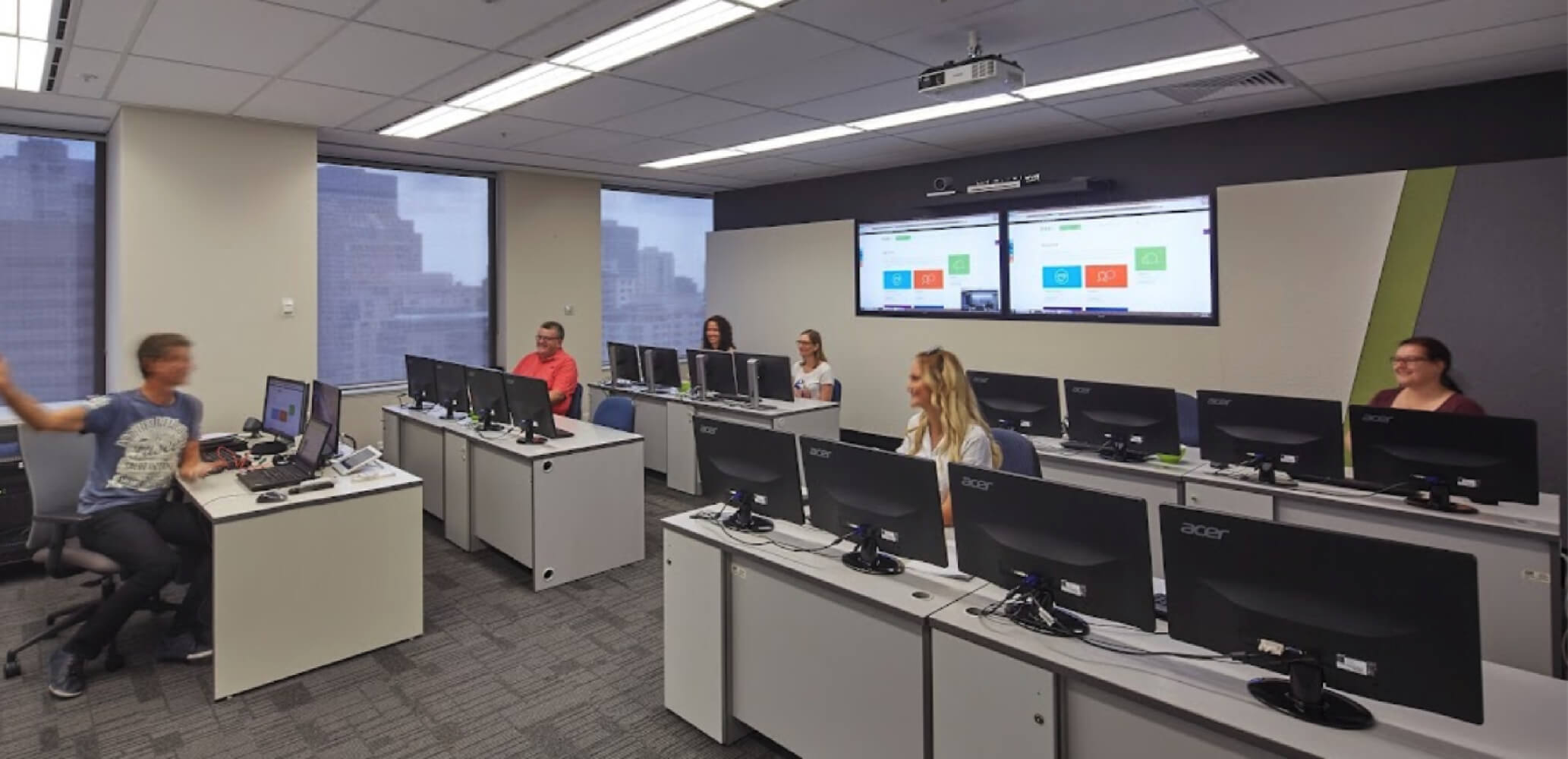The Steps
Of all the troubles I’ve had to face in my professional and personal life, continually staying productive is one of the hardest. It’s virtually impossible to be productive without being organised, especially without having an efficient workflow set up. Having organised processes is important whether you are running the company or are just starting out in the corporate world.
Consider the tasks you have to repeat regularly. Then identify exactly where you’re wasting time or duplicating effort and what you can do about it. If you follow these six steps below you’ll be well on your way to a more productive working life.
1. Track what you’re currently doing
Whether your following existing workflows or carrying out your tasks from memory, jot down all the steps you’re taking to carry out your routine responsibilities. It doesn’t have to be anything formal. Just a notebook and a pen to build a checklist of all the processes that you follow.
I find it’s best to write these things down rather than use an app or a computer, this should only take a few seconds. Tackle each process separately unless there is a lot of overlap.
It’s important to note that you are not documenting what your ideal work processes should be, you’re recording what is.
2. Fill in any gaps
Now that you have a basic framework for what your processes are, it’s time to start improving your workflow and therefore maximising your productivity. Subtract the processes that are creating more work or are unnecessary and add processes that will automate or streamline more of your workload.
Some of this may take a little research. Don’t just search online, stop and think about how you can improve and ask your team for ideas. The aim isn’t to shoot for perfection we’re just creating a road map for where you want to go.
3. Identify the biggest problems
Next you need to highlight where the biggest problems during your work process arise. Ask yourself what is hampering your productivity? It can be everything from waning motivation, lack of feedback, unclear instructions or slow operating systems.
4. Improve what you can
Here comes the most satisfying part – improving whatever you can of your workflow. Again this will take some research, think about it objectively and ask your team. Record the improvements that you make.
5. Test your new processes
Start small and then work your way up. You don’t want to instigate massive change quickly otherwise you’ll destabilise the systems you already have in place. Start with the easiest to implement first and then work up to the harder changes.
6. Enjoy your new found productivity!
After implementing your new workflows tweak until you’ve streamlined your processes. Make sure everyone that is involved, knows why the process has been changed, how it’s changed and understands the importance of the change. The more involved they feel, the more likely they are to adopt these new processes. Good luck!
Our Microsoft 365 courses can help the whole team harness the power of the Microsoft suite to drive efficiency gains.


























